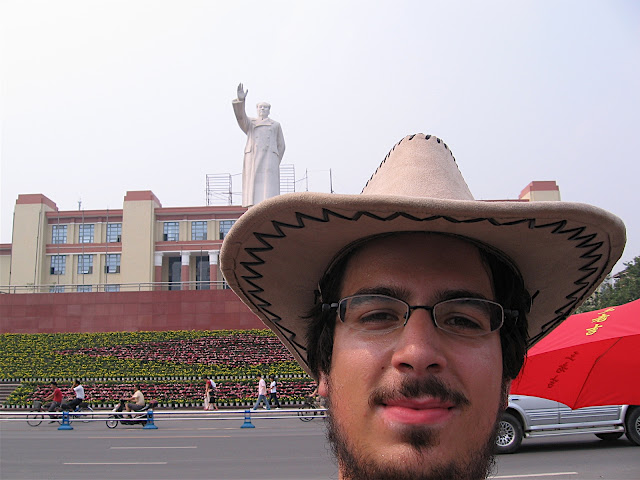If the U.S. were to take another equity stake, Treasury Secretary Henry Paulson wanted it to be small, since otherwise the government would end up owning Citigroup. The officials worried that appearing to nationalize the company would further roil markets. -WSJThis focus on the short term impacts is purely insane. Everyone know the crisis is severe, everyone know that Citi was in deep trouble and nobody feel safer now after the bailout. Au contraire, I think nationalizing would have sent exactly the right message: whatever the costs, we won't let the economy fail, but if you made a stupid decision we might not reward you for it. Here's Felix Salmon's comment:
Color me unconvinced. If there's one thing we've learned during this crisis, it's that just-enough is never enough.
Now is not the time to worry about optics: how it would look to nationalize Citi, or to squeeze out Pandit. Paulson would have done well to call up Gordon Brown for advice: if you're putting in the kind of money which gives the government a majority stake, then so be it. And the owner naturally has the right to choose the CEO.
What's more, I can't think of anybody whose confidence in Citi has been shored up by the weekend's cash injections, especially since the mechanism -- weird second-loss asset guarantees on a small part of Citi's balance sheet -- is so opaque. If it was short sellers who "led the way in driving down Citigroup's stock last week", I don't for a minute believe that they will have decided that Citi is now untouchably secure. No bank with as little tangible common equity as Citigroup counts as secure -- and its official communications are also helping to reinforce the sense of panic.




No comments:
Post a Comment